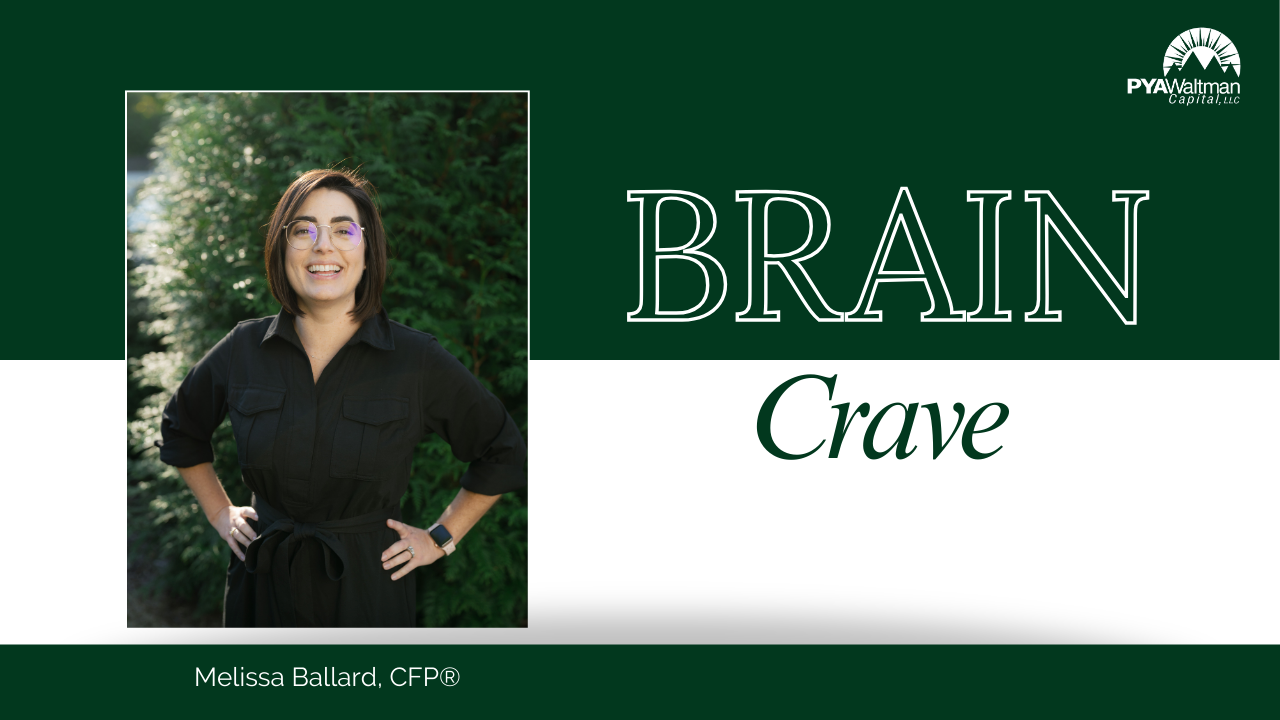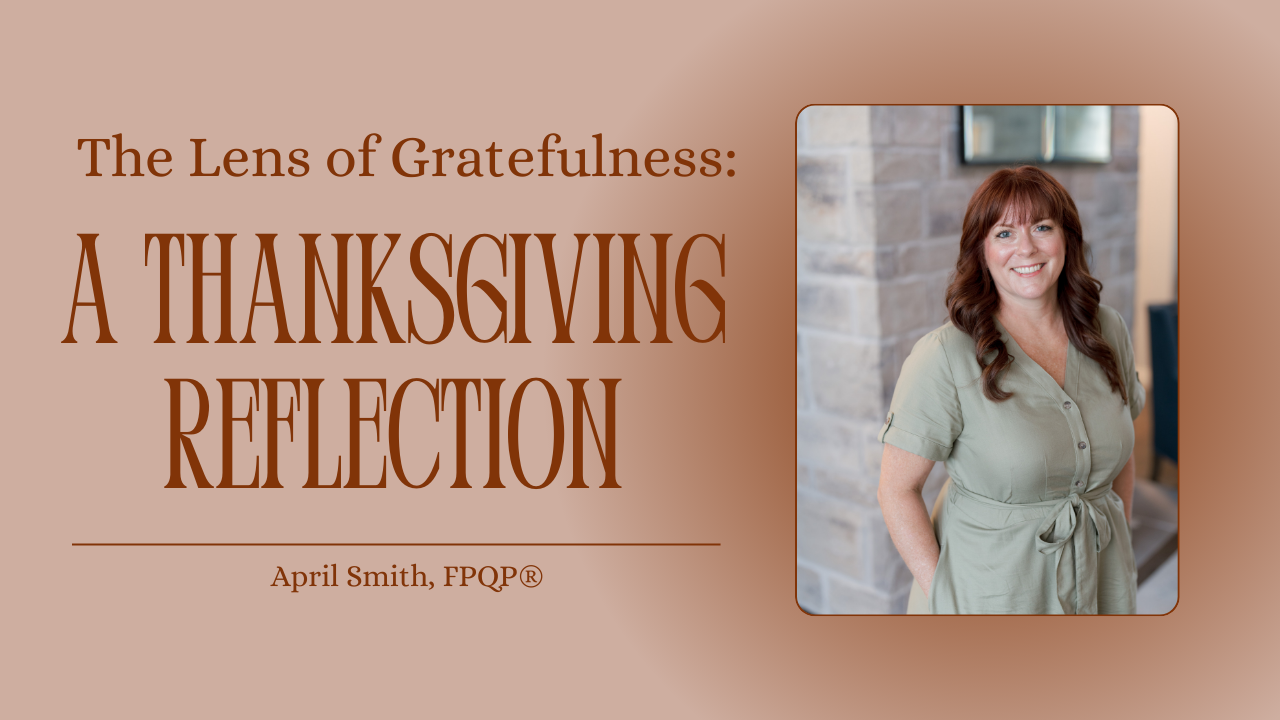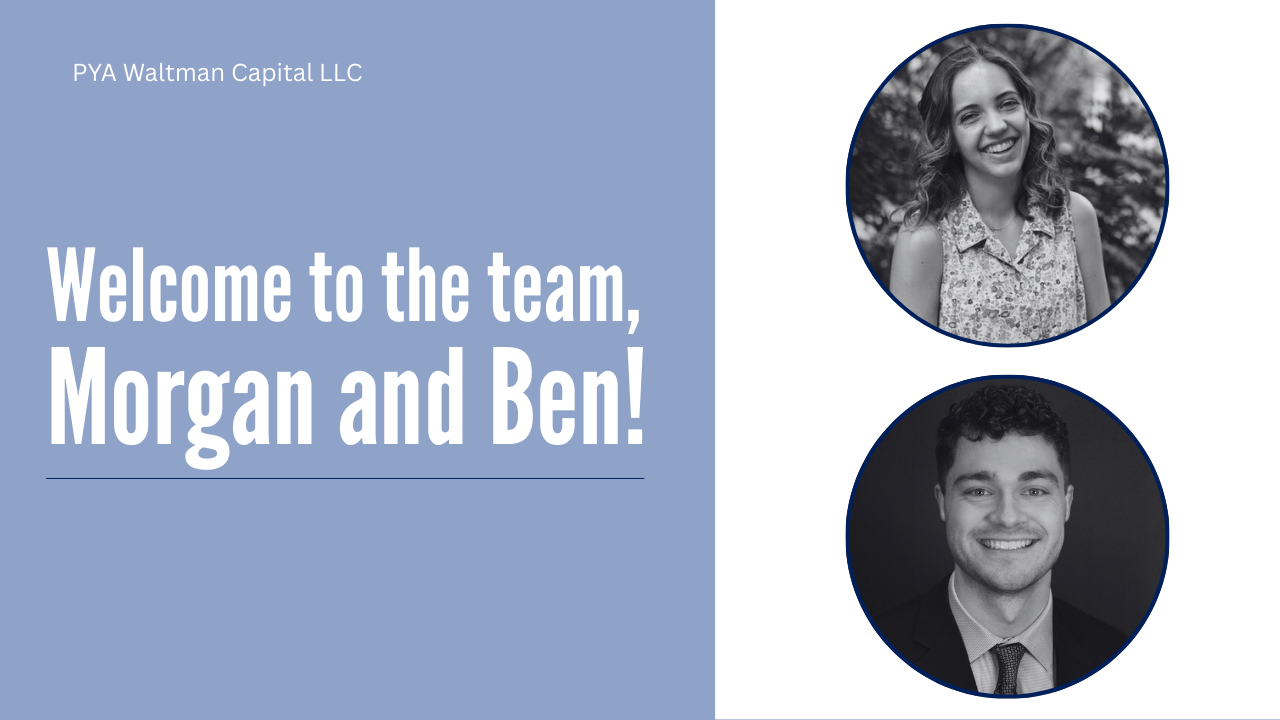A few years out from retirement many people begin to seriously ponder the things they should be doing now to be better prepared when that day arrives. Obviously for certain things it’s much too late. Like starting to save for retirement. But there are a couple practical things that can be addressed three to five years prior to your planned retirement.
Debt
Just 30 years ago, it was almost unheard of to contemplate retiring before paying off all debt. Unfortunately, today that is not the case. While being debt free is certainly not a requirement before retiring, it is preferred.
Often-times pre-retirees are enjoying their peak earning years and have robust discretionary income as children who were formerly dependents move out and transition to being “off the payroll.” This creates a significant opportunity to attack any outstanding debt in a focused and disciplined manner. While it would certainly be more fun to spend these funds on travel or other enjoyments of life, a few focused years to extinguish any remaining debts will pay off throughout retirement. Living debt free and maximizing cash flow in retirement brings the greatest gift of all. Peace of Mind.
Major Purchases
While you are still working you may be able to fund major purchases via current income versus dipping into retirement assets, if you put off the expenses. In such a case, it is advisable to go ahead and purchase, for instance a car, prior to retiring. This is not a green light to go out and buy a “want” but rather an opportunity to fund a “need” now rather than at some point in the future. If your car is old with high mileage, it makes sense to purchase a new(er) one allowing you to enter retirement with a more reliable car that is fully paid for. Another example might be some home maintenance that, if not dealt with, could impair the value of your home and cause further damage. Instead of waiting to fund this in retirement by pulling from IRAs and/or 401(k)s, you may want to tackle the expenses now while you can cash flow it out of current income. By not tapping retirement assets to pay for these expenditures, you not only preserve these assets for your retirement security, but you also avoid the taxes that would be incurred when these funds are withdrawn from these tax-sheltered accounts.
Debt and major purchases are just two of the many things to consider as your retirement approaches. The transition from the working world to the retirement phase of your life is a complex life event. No matter where you are in the process of planning for retirement, we can help you plan for the transition. Contact Us to schedule an initial consultation today.




.png)
